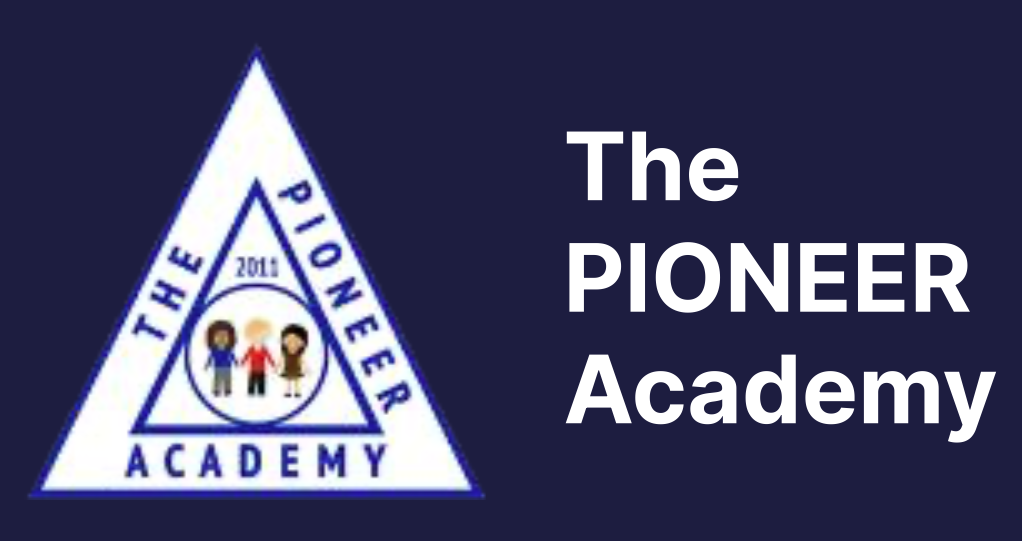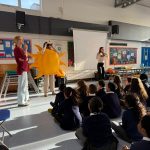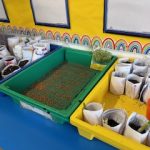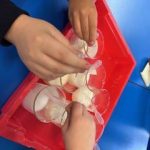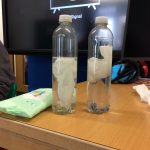Science is all around us!
At Broadmead Primary School we believe that scientific investigation is one of the most powerful ways to learn; developing curiosity and perseverance as well as challenging what we know about the world. Science should stimulate and develop an attitude of curiosity and questioning as well as developing substantial scientific knowledge. We aim to make science as practical as possible, linking it to real life contexts and giving a meaning to our learning.
Science lessons are open ended and practical in nature, allowing children to use a wide range of resources to lead the learning and make their own discoveries. Lessons aren’t just limited to the classroom… we make use of our outdoor facilities, including the field and playground, in order to maximise the children’s learning experiences. This allows children to develop the key skills of investigation, problem solving and team work; empowering children to question the world around them and become scientific thinkers. We also believe that cross curricular links and access to outside influences, such as trips, visiting experts and professionals, lead to developing aspirations for our pupils. By learning to develop scientific skills, pupils can build on these and see how they can be used in career opportunities, raising their aspirations for the future.
The National Curriculum provides structure and skills progression for the Science curriculum taught throughout the school. This is linked, where possible, to the themed topics providing a creative scheme of work, which reflects a balanced programme of study. We follow the International Primary Curriculum Scheme linked to themes from the National Curriculum. Children are fully immersed into their Science topics creating knowledge harvests, taking part in innovative, exciting experiments; developing their enquiry and observation skills. At the end of each topic, children are able to show how they feel they achieved in each topic by using a self-assessment ‘traffic light’ system. Class teachers also monitor how children have grasped the concepts, using an Academy-wide assessment tool. Children are immersed in their new topics using an ‘Entry Point’ this helps the children to have first hadn’t experiences with the topic they are going to learn. Children also have the opportunity to share their new knowledge and celebrate the topic through an inventive and stimulating ‘exit point’.

